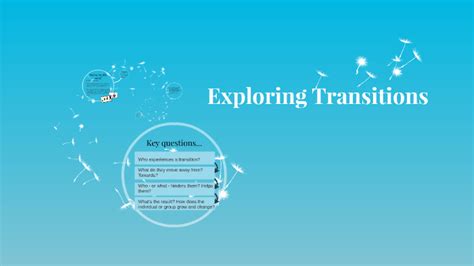Stepping away from a career in software engineering (SWE) can be a monumental decision, especially after years of navigating startup cultures, corporate ecosystems, and climbing the technical ladder. This decision often stems from a variety of personal and professional factors, including burnout from demanding roles, disillusionment with the practices of the industry, or simply a desire for change. As one considers a transition, it is crucial to explore viable options that can offer not only financial stability but also personal fulfillment and growth.
Many software engineers face internal conflicts about continuing their roles where they feel emotionally and mentally drained. The constant arguments over technical methodologies, office politics, and the pressure to stay updated with rapidly evolving technologies can be taxing. For some, the desire to step away isn’t just about escaping negativity but about seeking a work environment that aligns more closely with their evolving values and interests. The pursuit of autonomy and a healthier work-life balance often drives this decision.
One of the most frequent transition paths for former software engineers is moving into sales engineering. This role allows professionals to leverage their technical expertise while engaging in strategic interactions with clients. Sales engineering aligns well with individuals who enjoy the challenge of understanding complex products and articulating their value to prospective customers. Despite potential initial learning curves, many find that this role can offer lucrative financial rewards, often surpassing the earnings from traditional coding jobs.
Another popular transition area is product management. Engineers with a knack for people and strategy may find this shift particularly appealing. Product Managers (PMs) work at the intersection of engineering, design, and business strategy, driving the vision of a product from conception to market release. While the role can be demanding and comes with its own set of frustrations, it allows one to engage in high-level decision-making and have a substantial impact on product direction and success.
Entrepreneurship is also a common avenue pursued by former software engineers. The skills acquired in software development—problem-solving, project management, and a deep understanding of technology—can be instrumental in building and scaling a startup. However, entrepreneurship comes with its set of risks and challenges, requiring a strong support system and often significant financial readiness. The success stories are inspiring but represent only a fraction of entrepreneurial endeavors. Consequently, many opt for consulting or contracting as a bridge between salaried employment and their entrepreneurial ventures.
For those seeking a break from the intense tech environment, pivoting to roles in education, training, and content creation can be deeply rewarding. Former engineers can leverage their knowledge by teaching coding and software development, creating online courses, or writing industry-relevant books. This shift not only helps share valuable expertise with the next generation of tech professionals but also offers flexibility and the satisfaction of contributing to the growth of others.
Various comments from tech professionals reveal that burnout and disillusionment with the industry’s culture are common. For instance, the themes of ‘infantilization of the industry’ and confrontations over minor technical details resonate with many. As echoed by users, the desire to escape these environments can lead professionals to explore creative and fulfilling fields like woodworking, manufacturing physical goods, or even novel areas such as molecular nanotechnology. These alternatives offer a return to hands-on creation and direct customer interaction, reminiscent of the initial joy many found in coding before the corporate pressures set in.
Ultimately, the key to a successful transition lies in aligning career choices with personal values and interests. Taking time off for a sabbatical, exploring different fields through part-time engagements or side projects, and seeking mentorship or coaching are valuable steps. As former software engineers navigate their next steps, the common goal is to find roles that offer not just financial remuneration but also personal satisfaction and a sense of purpose.


Leave a Reply